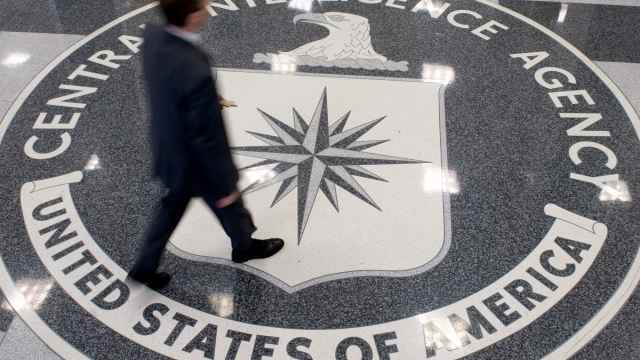Redruth Investments, a company connected to LUKoil chief executive Vagit Alekperov, sold $1.75 billion in equity-linked notes in that company.
Redruth on March 15 sold 25 million notes linked to the oil company's American Depositary Receipts issued by UniCredit Bank, LUKoil said in a filing. Redruth in September bought that amount for $1.4 billion and each note relates to one ADR and may be convertible, according to a statement at the time.
ConocoPhillips sold its near 20 percent stake in LUKoil last year, forcing LUKoil owners, including Alekperov, the largest shareholder, to take measures to protect their control.
A LUKoil spokesman, who declined to be identified, citing company policy, didn't have any information on the buyer of the LUKoil stake. Alekperov said last week that he only buys LUKoil shares and had no plans to sell.
"It was most likely a LUKoil subsidiary that acquired the notes convertible into 25 million underlying ADRs," Luis Saenz, a director at Otkritie Securities, said in an e-mail. "We believe the announced transaction does not increase the share overhang risk."
LUKoil shares fell as much as 2.74 percent, before trading down 1.93 percent at 1,974.90 rubles.
LUKoil bought 7.6 percent of its stock from Conoco for $3.44 billion in August and almost 5 percent more for $2.4 billion under an option with UniCredit Bank and Redruth that expired Sept. 26.
As part of the UniCredit deal, Redruth gained 2.9 percent of LUKoil and raised an undisclosed amount of money from a group of banks led by UBS after pledging 77 million shares as collateral a week earlier, valued at $4.5 billion at the time.
LUKoil paid $980 million for the other 2.1 percent, according to a regulatory filing.
A Message from The Moscow Times:
Dear readers,
We are facing unprecedented challenges. Russia's Prosecutor General's Office has designated The Moscow Times as an "undesirable" organization, criminalizing our work and putting our staff at risk of prosecution. This follows our earlier unjust labeling as a "foreign agent."
These actions are direct attempts to silence independent journalism in Russia. The authorities claim our work "discredits the decisions of the Russian leadership." We see things differently: we strive to provide accurate, unbiased reporting on Russia.
We, the journalists of The Moscow Times, refuse to be silenced. But to continue our work, we need your help.
Your support, no matter how small, makes a world of difference. If you can, please support us monthly starting from just $2. It's quick to set up, and every contribution makes a significant impact.
By supporting The Moscow Times, you're defending open, independent journalism in the face of repression. Thank you for standing with us.
Remind me later.





